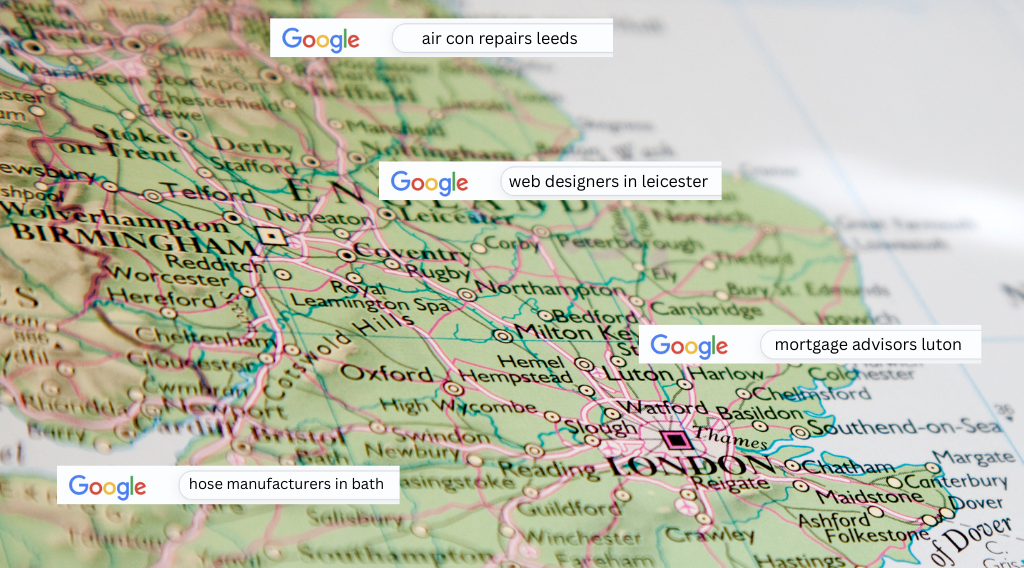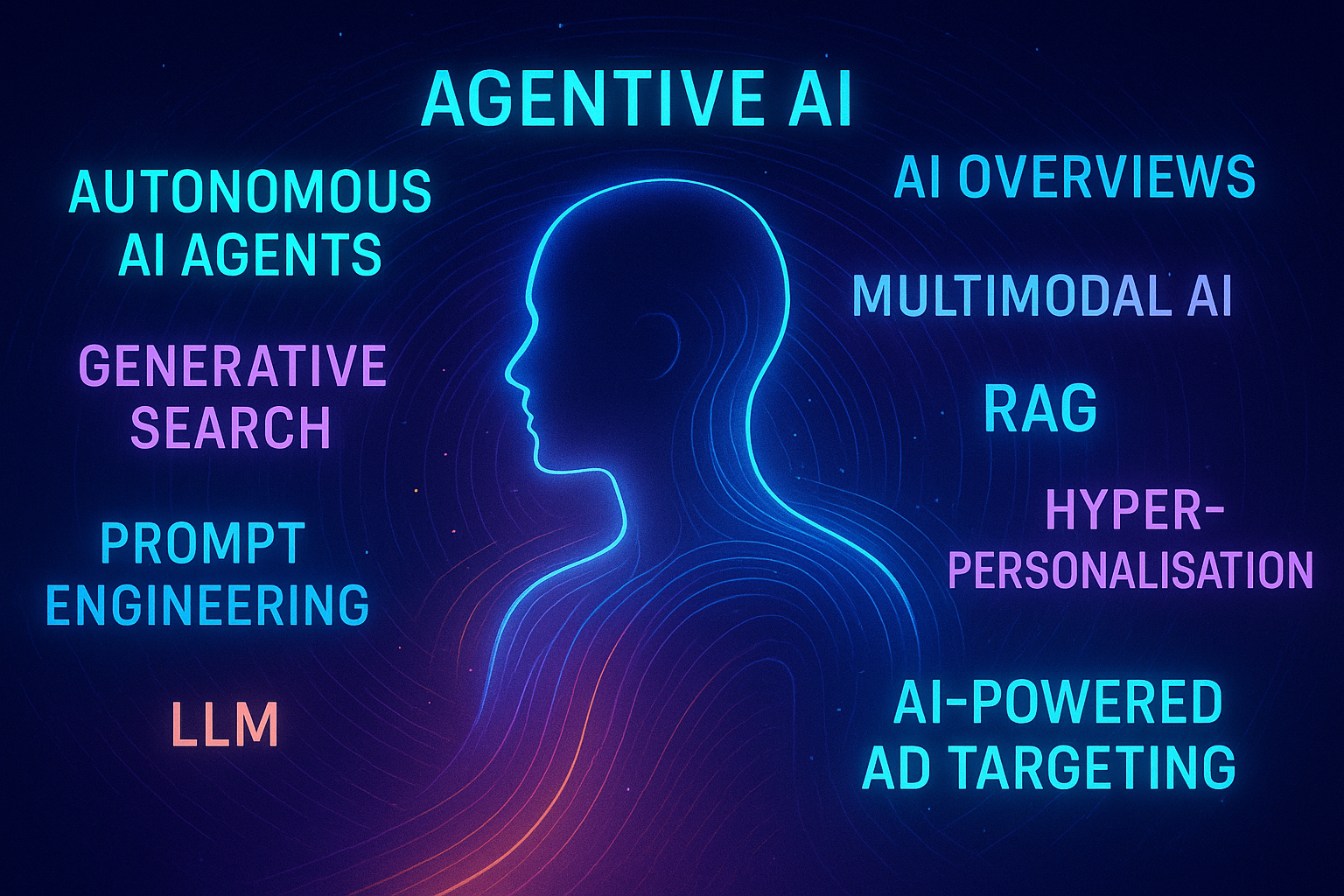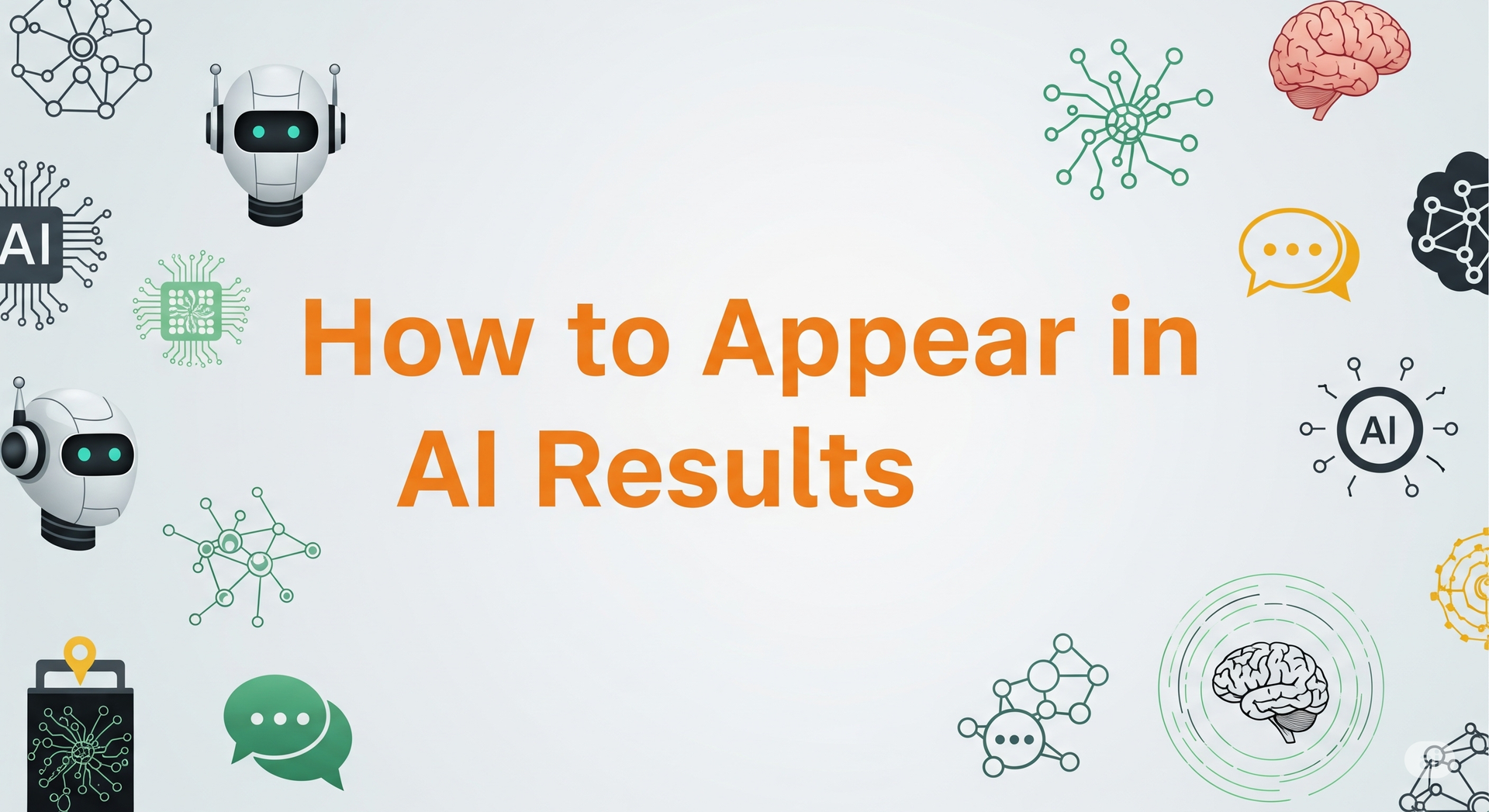How AI is Reshaping the Future of Google Search
Beyond the Blue Links: How AI is Reshaping the Future of Google Search
For over two decades, the ritual of searching has been ingrained in our digital lives. We type a query, press enter, and are presented with the familiar 'ten blue links'—a ranked list of webpages to explore. This fundamental interaction, however, is now undergoing its most significant transformation since Google’s inception. The advent of powerful generative Artificial Intelligence (AI) is bulldozing this old model, ushering in an era of 'answer engines' that promises instant synthesis but raises profound questions about accuracy, user behaviour, and the very fabric of the open web.
The vanguard of this change is Google's "AI Overviews." Powered by its Gemini family of models, these AI-generated summaries appear at the top of the Search Engine Results Page (SERP), aiming to provide a direct, conversational answer to a user's query. Instead of clicking through multiple articles to piece together information on "the best walking routes in the Peak District," a user might now receive a curated paragraph detailing three popular trails, their difficulty, and key features, complete with links to the source material.
This shift is fundamentally altering user behaviour. The search process is becoming less of a research expedition and more of a direct conversation. Users are encouraged to pose more complex, long-tail questions, treating the search bar like a knowledgeable assistant rather than a simple keyword index. For simple, factual queries, this is incredibly efficient. Why click a link to find out the boiling point of water when the answer is presented directly? However, this convenience is a double-edged sword, creating a phenomenon that publishers and online businesses have feared for years: the rise of the "zero-click search."
The zero-click search, where a user’s query is answered entirely on the SERP, has long been a concern for content creators. However, recent data suggests the impact of AI Overviews may be more nuanced than initially feared. A major 2025 study by Semrush, incorporating clickstream data from Datos, analysed the effect of these new features. It found that while AI Overviews appeared in over 13% of search results by March 2025, they did not automatically kill traffic. Surprisingly, for keywords that triggered an AI Overview, the study observed a slight decrease in the zero-click rate. This suggests that while AI provides direct answers, it may also encourage users to click through for more detailed information. Nevertheless, the existential challenge for publishers remains; the focus must shift from simply ranking first to becoming an authoritative, citable source within the AI's answer, forcing a fundamental strategic pivot.
Beyond the economic impact, the most pressing concern is the quality and reliability of these AI-generated results. Whilst impressive, these large language models (LLMs) do not 'understand' information in a human sense. They are sophisticated pattern-matching systems that predict the next most likely word in a sequence based on the vast swathes of text they were trained on. This can lead to a critical flaw known as 'AI hallucination,' where the model confidently fabricates facts, sources, or details that are entirely incorrect.
Early rollouts of AI Overviews produced some now-infamous blunders, such as suggesting users add non-toxic glue to pizza sauce to help the cheese adhere, or recommending a daily intake of small rocks based on a satirical article from The Onion. These examples, though amusing, highlight a serious trust deficit. The AI can struggle to discern satire from fact, misinterpret data, or amalgamate conflicting information into a nonsensical but authoritatively-stated answer. Google implements safeguards, such as prominently displaying links to its sources and using disclaimers on sensitive topics. Yet, the core challenge remains: the AI is a reflection of the web itself—a repository containing the sum of human knowledge, but also its biases, misinformation, and absurdities.
The future of Google Search is therefore a tightrope walk. Google must balance the undeniable user convenience of instant answers against its responsibility to provide accurate information and maintain the health of the open web ecosystem that its own models depend on. The journey from a search engine to an answer engine is well underway, but its success will not be measured by the cleverness of its algorithms alone. It will be determined by its ability to earn and maintain user trust, and to forge a new, sustainable relationship with the creators who populate the digital world with knowledge. The era of the ten blue links may be fading, but what replaces it must be built on a foundation of reliability and a clear understanding of its own limitations.
Frequently Asked Questions about AI Search Results
Are the AI answers on Google accurate?
AI Overviews aim for accuracy by summarising information from top-ranking web pages, but they are not infallible. They can sometimes be incorrect, out-of-date, or misinterpret information, so it is always wise to check the cited sources for important queries.
The accuracy of Google's AI answers is a complex issue. The system is designed to synthesise information from what it deems to be authoritative and relevant web pages that already rank highly for a given query. For straightforward, factual questions with a strong consensus online (e.g., "What is the capital of France?"), the answers are generally highly accurate. However, the system's fallibility becomes apparent with more nuanced, rapidly changing, or controversial topics. The AI does not "know" facts; it processes language and constructs an answer based on patterns in the data it has access to. This can lead to errors, such as misinterpreting satire as fact or blending details from multiple sources into a nonsensical statement—a phenomenon seen when it suggested adding glue to pizza. For critical information, particularly concerning medical, legal, or financial advice, users should treat the AI Overview as a starting point, not a definitive authority, and always verify information by consulting the primary, expert sources linked below the summary.
Where does Google's AI get its information from?
Google's AI gets its information primarily from two places: its vast index of the public web and its curated knowledge base, known as the Knowledge Graph. The AI Overviews actively crawl and synthesise information from top-ranking web pages in real-time to provide current answers.
The information pipeline for Google's AI is multi-layered. The foundational layer is the massive dataset of public web pages, books, and other text used to train the underlying Large Language Model (LLM), like Gemini. This gives the model its grasp of language, context, and general knowledge. When you perform a search that triggers an AI Overview, the system doesn't just rely on this static training data. It performs a live search, identifies the most relevant and authoritative web pages for your query, and then uses its generative capabilities to read, understand, and summarise the key information from those pages into a coherent answer. This is why you see direct links and citations accompanying the overview. Additionally, for established facts about people, places, and things, it draws upon Google's Knowledge Graph, a structured database of interconnected information that Google has been building for over a decade. This combination allows it to provide timely answers whilst grounding them in established factual entities.
Will AI search results kill website traffic?
AI search results, particularly AI Overviews, are expected to significantly decrease clicks to websites by answering user queries directly on the results page. This poses a serious challenge to publishers and businesses that rely on organic search traffic for revenue and visibility.
The concern that AI will kill website traffic is one of the most significant issues facing the digital publishing industry. The business model of many websites is predicated on attracting visitors via search engines, who then view advertisements, purchase products, or subscribe to services. AI Overviews disrupt this model by satisfying the user's intent directly on Google's property. This phenomenon, known as a "zero-click search," means the user gets their answer without ever needing to visit a third-party website. Whilst Google argues that it still drives valuable traffic by linking to its sources and tackling more complex queries, many publishers are sceptical. They fear that only a small fraction of users will click through for deeper research, leading to a drastic fall in overall traffic. This could create a vicious cycle: less traffic leads to less revenue for creators, which in turn leads to less high-quality content being produced for the AI to learn from in the future.
What is an 'AI Hallucination'?
An AI hallucination is an instance where an AI model generates an answer that is nonsensical, factually incorrect, or entirely fabricated, yet presents it with a high degree of confidence as if it were true.
The term "hallucination" is an anthropomorphic metaphor, as the AI is not conscious and does not "see" things. It is a technical failure mode inherent in how current Large Language Models (LLMs) work. These models are designed to be prediction engines; their core function is to predict the most plausible next word in a sequence to form a coherent sentence. A hallucination occurs when this predictive process goes wrong. It might happen because the training data was flawed, contradictory, or insufficient on a particular topic. The AI might also over-extrapolate from a pattern or incorrectly merge concepts. A famous example involved a lawyer using an AI chatbot for legal research which fabricated several non-existent legal cases, complete with fake citations. In the context of Google Search, this could mean inventing a historical fact, misstating a scientific specification, or creating a biographical detail out of thin air. It is the single biggest challenge to the reliability of AI-generated information.
Can I turn off AI Overviews in Google Search?
Currently, there is no official, permanent toggle switch provided by Google to turn off AI Overviews for all users. Whilst it was possible to opt-out during the experimental "Search Generative Experience" (SGE) phase, the feature is now integrated into the main search results.
As Google integrates AI Overviews into the standard search experience, it has removed the simple opt-out that was available during its testing labs phase. For Google, this feature is not an add-on but the future direction of its core product. However, there are workarounds that users have found. One effective method is to use the "Web" filter. After you perform a search, you can click on 'More' in the toolbar below the search bar and select 'Web'. This filters the results to show only the traditional list of web links, removing the AI Overview and other widgets. Some users have also developed browser extensions that automatically block the AI Overview element from appearing on the page. Whilst Google may offer more personalisation and control in the future, for now, users wanting the classic "ten blue links" experience must use manual filters or third-party tools to achieve it.














